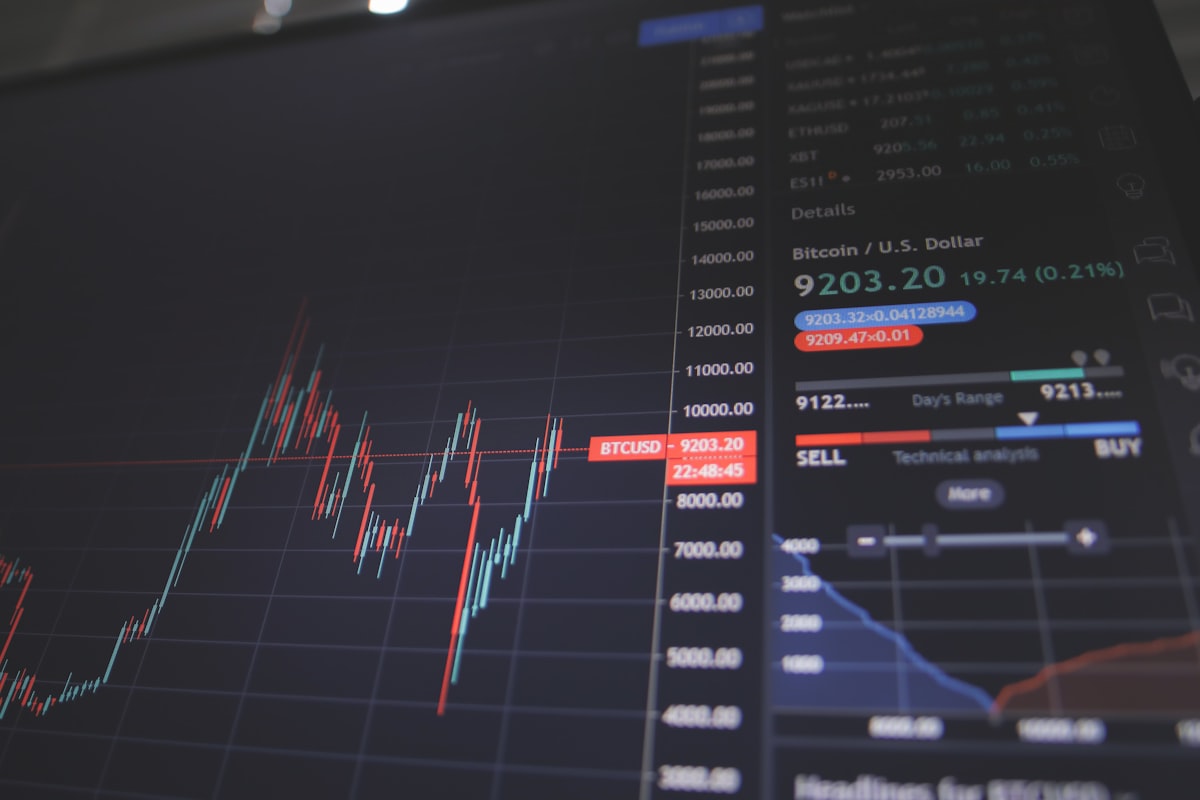The Looming Recession: What Happened and Where Do We Go from Here?

In the last two years the global market has been all over the place, from crashing to exploding, to crashing again. The housing market has been on an unsustainable high while inflation skyrockets out of control. Historically speaking this means only one thing: it’s almost recession time. Now that word may sound scary, and it is, but with a free-market economy that goes through cycles it is to be expected. When that level of market growth happens the inevitable is also going to happen, the big crash. A major worry for the global community is that the world is already on the precipice of a food crisis, more about that here. With the pandemic as well causing mass instability across all sectors of society, a crash right now could be a crippling blow to the American people and the international community.
The S&P 500 which according to S&P Global can be considered the best way to view and understand how healthy the American large-scale equities are in the context of 500 of the largest companies. In non-economic terms to view the S&P 500 is to understand if the economy is good, stable, or declining. In the last year the S&P has been doing remarkably well considering the overall unhealthiness of the international market community due to the pandemic, international instability, and the war in the Ukraine.
How this is measured is by looking at the panic of the market as well as the current valuation of stocks. In the current situation, the market is what is referred to as a Bear Market, which means the index since January has dropped over 20%. According to analysists this is a rare and dangerous occurrence in the S&P as they are supposed to be the generally more stable stocks thus their destabilization means drastic shifts in the entire market itself. While this is usually an indication of an upcoming recession, the greater impacts of how bad it will be are uncertain.
The causational factors of this are complex and multifold as the economy usually has a butterfly effect in that small or large changes with unrelated events will often heavily impact the markets. The causes here though are rather clear but extensive. First and foremost, what your average person sees every day, inflation. Panic in the market about inflation has caused many investors to sell off their stocks at a price less than they were worth some months ago, causing the value to decrease and more people to sell due to fears of constant decreasing prices. This is usually what happens when there is any type of panic as people within these systems often are the reason serious damage is caused due to panic buying or selling. When Americans are buying products then they are more likely to spend less, consume less, and buy cheaper products further declining the economy. Within America the inflation levels are reaching a crisis point that will eventually pull the rug out from underneath the entire economy.
In the next 12 months it looks like recession could absolutely be a possibility if the market continues to panic without any real stability to prevent its decline. What recession means depends on how it is handled as well as how out of control it gets. In a free-market world, recession is especially dangerous due to the fact that investors have to secure their own interests first and this is where the American government has in the past placed its priorities. This means that your average American will face rising prices, lower wages, and layoffs without much government assistance. Further than this many Americans have placed their retirement plans into the hands of the stock market, and the passive income that people have relied on to secure their future financial interests. This is where circumstances have become especially dangerous for the average American. If we look at inflation from the perspective of money, if you have 1000 dollars sitting in a bank account for a year with 10% inflation, the value itself becomes 900 (this is not an accurate calculation of current inflation, nor is this advice, just an example). To prevent this many people have instead invested into the stock market to instead make this inflation loss into a net gain without losing any capitol in the process. Should the market instead crash, and inflation remains uncontrolled, both become net losses as the market will no longer support individuals while inflation burns through their money.
These problems though are not only grounded in American economics or policies. In the modern day all markets are essentially global and rely on one another for stability so when any of the major players upset the balance, the entire world feels it. As we have mentioned in other articles the crisis in Ukraine has rocked food prices around the world and caused massive instability and these rising food prices that has crushed markets internationally especially felt in underdeveloped places around the world. Although the S&P 500 is a major market, falls in the DOW Jones and NASDAQ have already been reported in Bear Markets as they are heavily declining. One of the major causes of this becomes the international market. China is currently being hit hard with the pandemic disrupting global production chains, and the raw material market in developing countries has been hit with the food crisis driving up prices. For many of the developing countries in Africa, they are currently on the precipice of famine and an international economic collapse could prove devastating. No matter what happens with the market, the international community has to take this seriously before it gets out of control.


